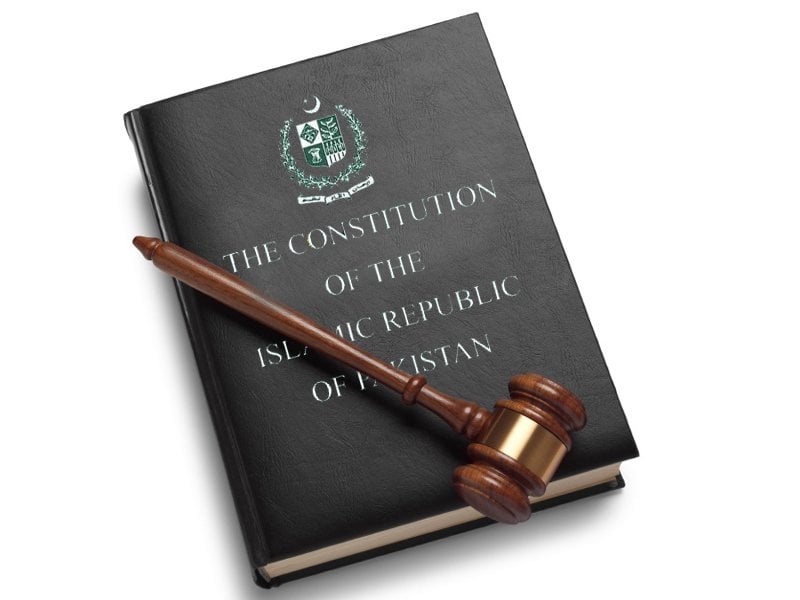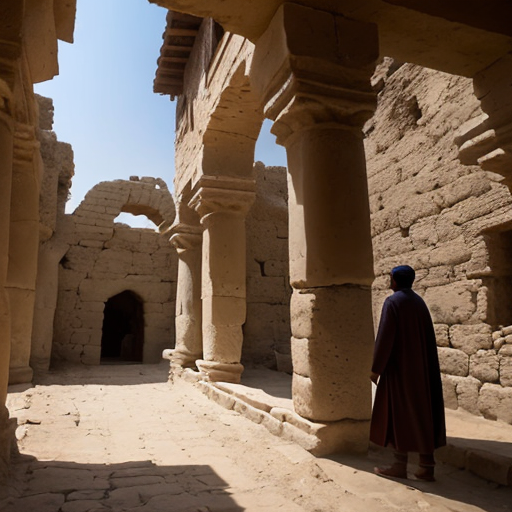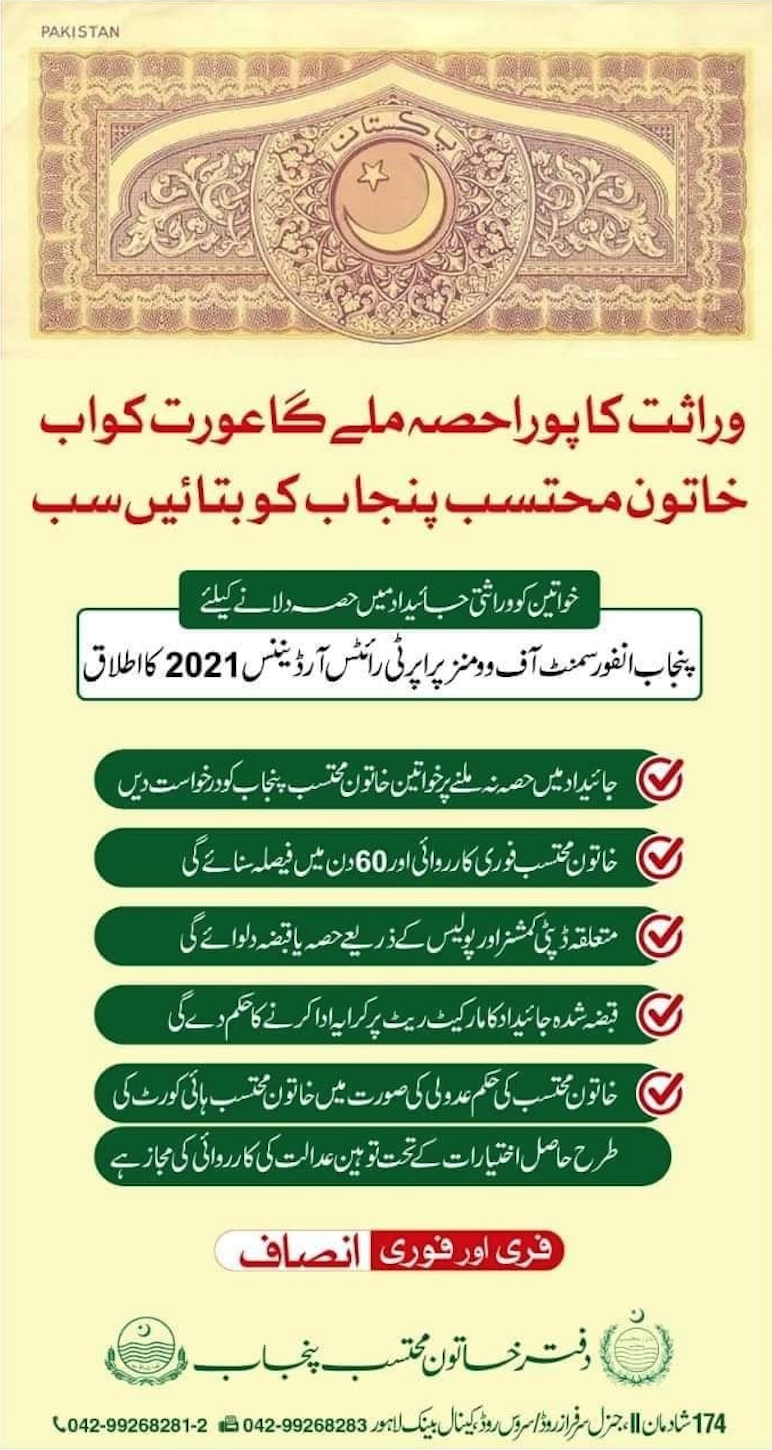
Child Custody Laws in Pakistan: A Comprehensive Overview
- 3 Nov, 2023
Child custody issues are among the most sensitive and complex legal matters that can arise in the context of family law. In Pakistan, as in many other countries, child custody disputes often revolve around the best interests of the child and the rights and responsibilities of both parents. This article provides a detailed overview of child custody laws in Pakistan, including the legal framework, the factors considered in custody decisions, and the rights and responsibilities of parents. Legal Framework Child custody matters in Pakistan are primarily governed by personal laws applicable to the respective communities. These personal laws include: Islamic Law: For Muslims, child custody matters are regulated by Islamic principles, primarily derived from the Hanafi school of thought. The Guardians and Wards Act, 1890, is also applicable.
Hindu Law: For Hindus, child custody matters are regulated by the Hindu Minority and Guardianship Act, 1956.
Christian Law: The Divorce Act, 1869, governs child custody matters for Christians in Pakistan.
Determining Factors
When courts in Pakistan make child custody decisions, they consider several key factors to ensure the best interests of the child. These factors include:
-
Age and Gender: The court may take into account the age and gender of the child. In general, mothers are often given preference for custody of younger children, while older children may have some input into their custody decisions.
-
Moral and Religious Upbringing: The court assesses which parent is better equipped to provide a morally and religiously sound environment for the child, in line with the child's faith.
-
Financial Stability: The financial stability of each parent is considered, as it affects their ability to provide for the child's needs.
-
Emotional Attachment: The court may consider the emotional bond between the child and each parent, with an emphasis on maintaining the child's emotional well-being.
-
Parental Conduct: The conduct of each parent, including issues related to character, behavior, and parenting skills, is closely examined.
-
Child's Preference: If the child is of an age where they can express a preference, the court may take their wishes into account, but this is not the sole determining factor.
Rights and Responsibilities of Parents
In Pakistan, both parents have specific rights and responsibilities when it comes to child custody:
-
Right to Custody: Both parents have a legal right to seek custody of their children, and the court will determine which parent is granted custody based on the child's best interests.
-
Financial Support: The non-custodial parent is typically responsible for providing financial support to the custodial parent for the child's upbringing.
-
Visitation Rights: Even if one parent is granted custody, the non-custodial parent typically has visitation rights to maintain a relationship with the child.
-
Education and Health: Both parents share the responsibility of making decisions regarding the child's education, healthcare, and general well-being.
Conclusion
Child custody matters in Pakistan are governed by a complex legal framework that considers the best interests of the child as the primary concern. These laws are designed to ensure that children grow up in a safe, nurturing, and supportive environment. When child custody disputes arise, it is essential to seek legal counsel to navigate the process, always keeping the welfare of the child at the forefront of all decisions and considerations.









Lorem ipsum dolor sit amet, consectetur adipiscing elit. Nam viverra euismod odio, gravida pellentesque urna varius vitae, gravida pellentesque urna varius vitae. Lorem ipsum dolor sit amet, consectetur adipiscing elit.
Dec 6, 2017
ReplyLorem ipsum dolor sit amet, consectetur adipiscing elit. Nam viverra euismod odio, gravida pellentesque urna varius vitae, gravida pellentesque urna varius vitae.
Dec 6, 2017
ReplyLorem ipsum dolor sit amet, consectetur adipiscing elit. Nam viverra euismod odio, gravida pellentesque urna varius vitae, gravida pellentesque urna varius vitae.
December 7, 2017
ReplyLorem ipsum dolor sit amet, consectetur adipiscing elit.
December 11, 2017
Lorem ipsum dolor sit amet, consectetur adipiscing elit.
December 13, 2017
Reply